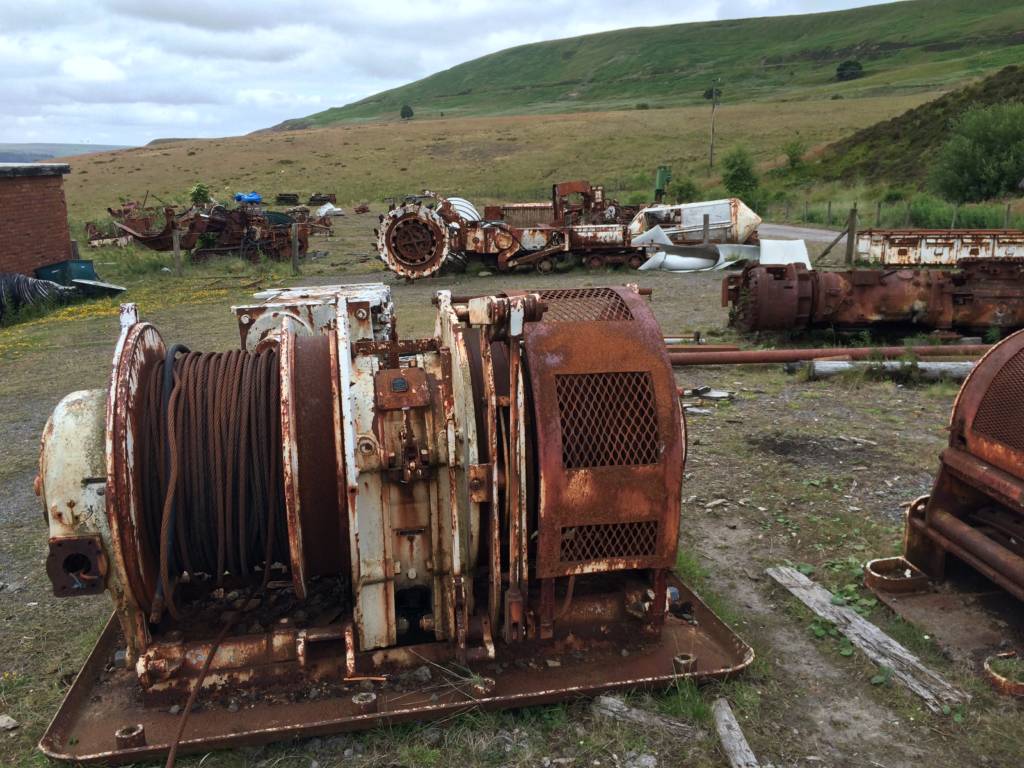By ANA MARÍA FUSTER LAVÍN
Translated by JENNIFER ACKER
An English translation follows the Spanish.
Día 29 desde el huracán y sin luz. Todavía las jornadas en mi trabajo, por la falta de energía, son más cortas. Mi oficina, a la que llamaba (y ya todas mis amistades conocían como) las catacumbas jurídicas, se perdieron, por lo que nos reubicamos en la biblioteca. Intento llegar lo más temprano posible, para traerle agua fría a mi querido amigo y colega Francisco, para preguntarle a los demás cómo están, si han dormido, a Pabsi si tiene gas y saber cómo siguen su mamá y Lalo (el gato), y a la vez contarles o contarnos todos a modo de terapia de grupo que seguimos a oscuras, que algunos no tienen ni techo, que el gobierno nos amputa las esperanzas en pequeños trocitos, que muchos se han ido, muerto, enferman, emigran, permanecen….













